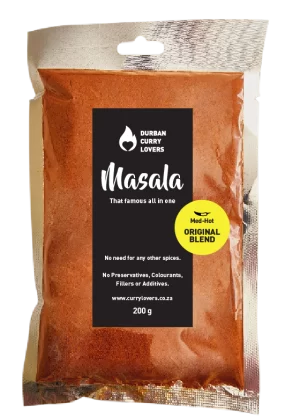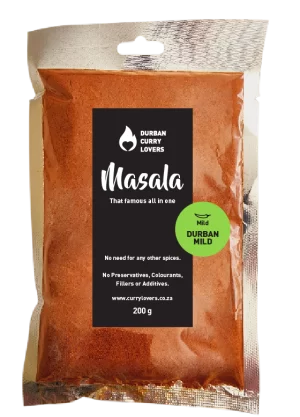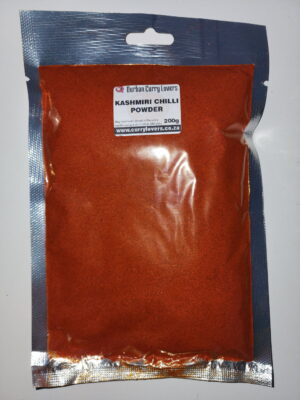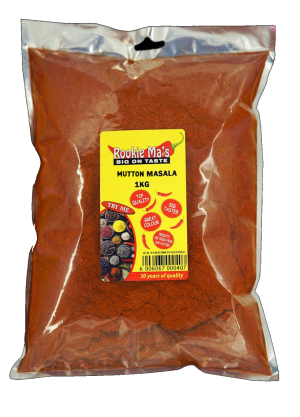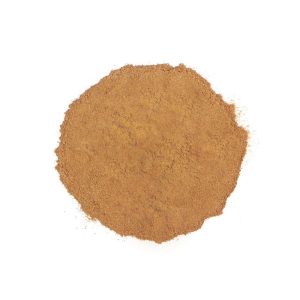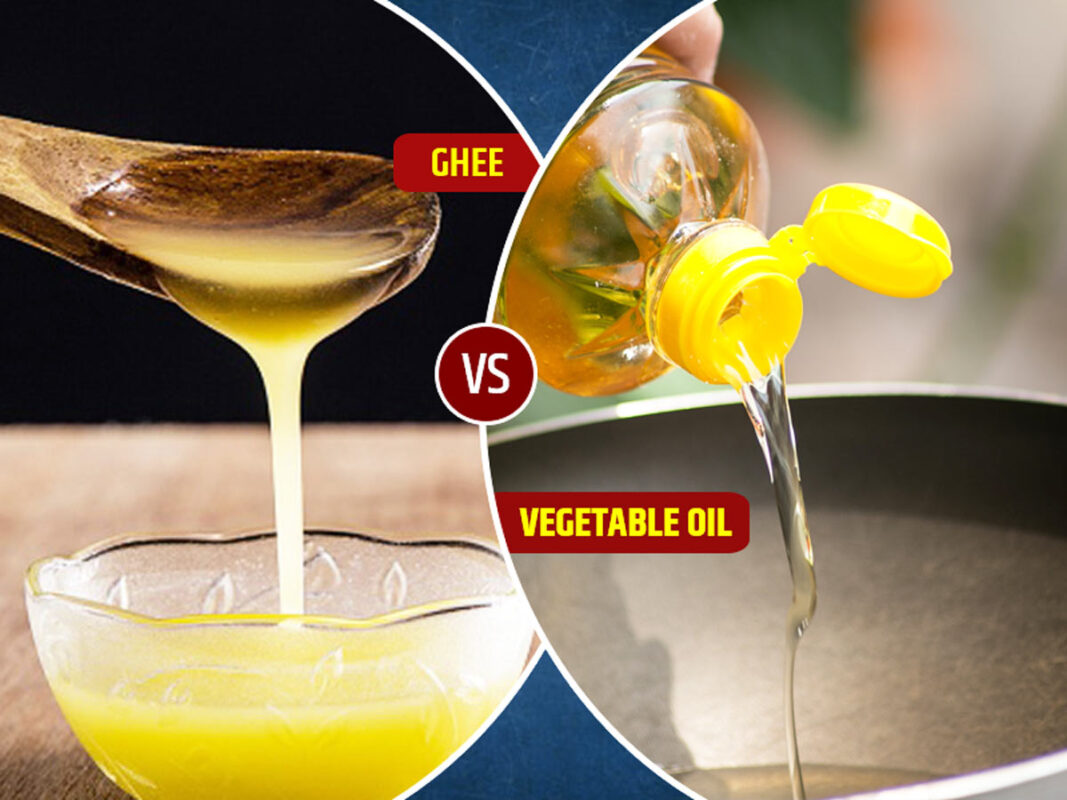
Ghee vs Vegetable Oil: A Culinary Conundrum
When it comes to cooking, particularly in the realm of flavorful Durban Curries, the choice of cooking fat can significantly influence the taste, texture, and health benefits of the dish. The most commonly used options are vegetable oil, such as sunflower oil and ghee, each offering unique properties that can enhance a curry in different ways.
Understanding Ghee and Vegetable Oil
Ghee, a type of clarified butter, is a staple in South Asian and Middle Eastern cuisines. It is prepared from cow’s milk by heating butter slowly until the oil separates. The remaining froth is strained out, leaving behind a pale yellow liquid, which is stored as ghee.
On the other hand, vegetable oil, a neutral and non-polar chemical substance, is a viscous liquid at ambient temperatures. It’s made from plant, animal, or synthetic fat. Vegetable oil undergoes extraction from a seed, nut, or fruit, followed by refinement to alter its appearance, texture, smell, and taste.
The Flavor Factor
In terms of flavor, ghee imparts a delicious buttery taste to dishes, making it a favorite for Indian dishes such as chapatis, curries, and dals. Its flavor is consistent, which means it can add a rich, creamy texture and a unique taste to curries.
Vegetable oil, on the other hand, is largely tasteless unless it’s derived from a flavorful source like coconut or olive. Its relatively neutral flavor makes it versatile and suitable for a variety of dishes, not just curries. However, the flavor of oil depends on the fruit or vegetable from which it’s extracted.
Health and Nutritional Benefits
Ghee is often considered healthier than oil due to its nutritional composition. It contains high antioxidants, vitamins A, D, K, and E, and doesn’t burn easily at high temperatures, making it a stable choice for cooking. Ghee is said to aid digestion, improve memory, strengthen the brain, nervous and immune system, and lubricate joints and connective tissues.
Vegetable oil also has its health benefits. Some types of oil, like coconut and olive oil, are recognized for their weight control properties.
Ghee in Curries: A Wise Choice?
Using ghee in curries is a practice rooted in tradition and backed by modern dieticians. The use of ghee in curry provides several benefits such as better absorption of the spices’ flavors, a unique and pleasant flavor, and a rich and creamy texture to the dish. Moreover, the nutritional benefits of ghee, like aiding digestion, promoting weight loss, and supporting skin, hair, and bone health, make it a healthy choice.
In conclusion, both ghee and vegetable oil have their own unique properties that make them suitable for cooking curries. The choice between the two often boils down to personal preferences, dietary needs, and the desired flavor profile of the dish.

